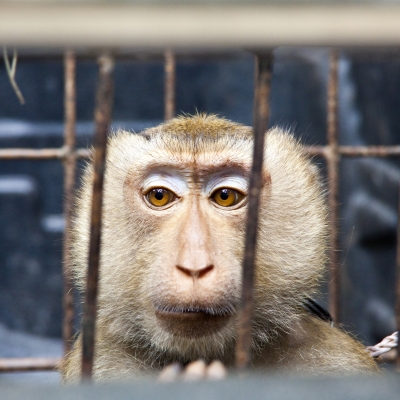
Image courtesy of sippakorn / FreeDigitalPhotos.net
A Monkey Bite – What Next? Herpes B?
After reading this blog post, you will probably understand why I shy away from monkeys. Look beyond their cute furry appearance and you find danger that lurks and KILLS.
Monkey bites carry three types of risk
1. Common bacterial infection. This occurs with any cuts
2. Rabies infection. This is detailed in the blog post on rabies
3. Herpes B infection
Herpes B
Herpes B infection is endemic in monkeys. The virus is similar to the herpes simplex virus that causes cold sores or genital warts in humans. Infected monkeys are asymptomatic (ie appear well with no symptoms). Overall, 70-100% of the monkeys carry them in the wild. Like the herpes simplex virus, the herpes B virus is transmitted amongst the herd via kissing and licking. This accounts for the high prevalence seen.
Following a monkey bite, the wound may develop vesicles (fluid filled bumps) or ulcers, with pain at the injection site. Disease progresses to fever, muscle aches (myalgia), headache, numbness and malaise. Hiccups may occur as a result of nerve irritation. Late complications of headache and neurological symptoms herald the involvement of the nervous system. Individuals may become confused, comatose, with unusual clinical signs (seeing double, abnormal voice, swallowing difficulty, difficulty walking, etc). Individuals may have stroke like symptoms where one half of the body is weak. Yes people can die or be permanently disabled.
TREATMENT
The individual requires urgent consultation and admission to a hospital. Intravenous high dose acyclovir is the drug of choice.
PREVENTION
This is the key to prevention! See a doctor immediately with any bite. Post exposure prophylaxis can be given with valacyclovir 1g three times a day or Acyclovir 800mg 5x per day for seven days after a monkey bite. This can reduce the chance of developing this dreaded complication.
So, do you agree with me that I keep monkeys away with a ten-foot pole?

